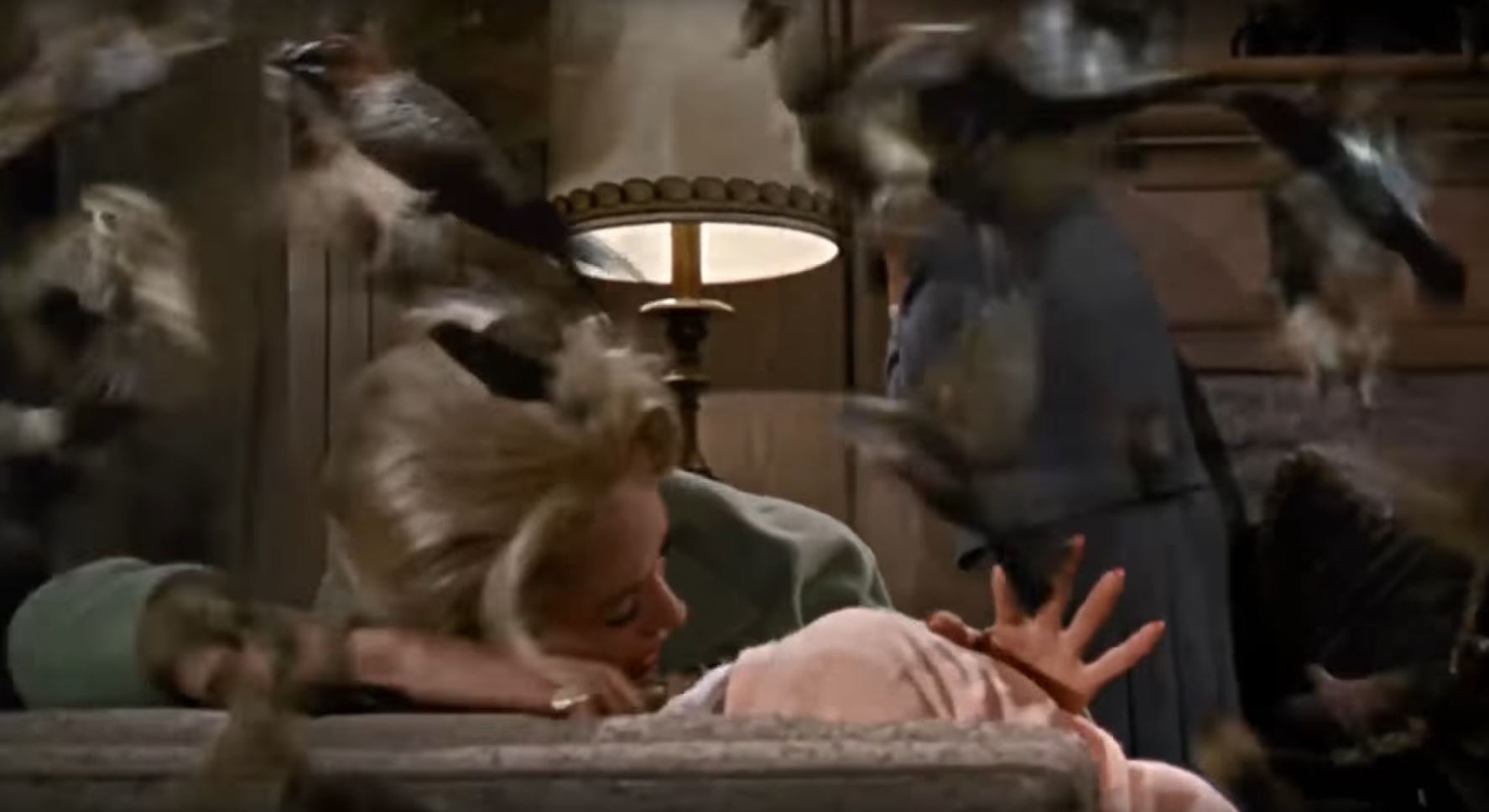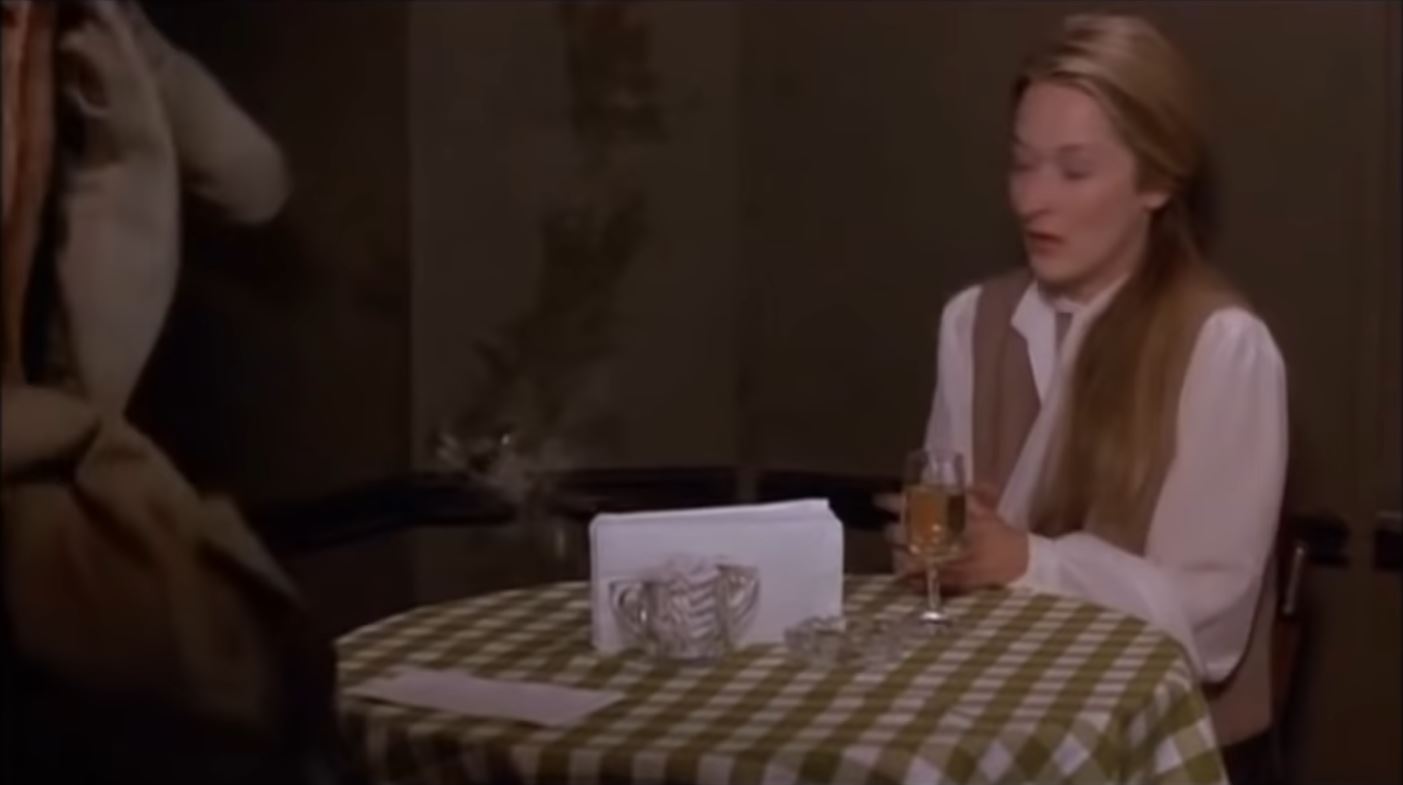
- Home
- India
- World
- Premium
- THE FEDERAL SPECIAL
- Analysis
- States
- Perspective
- Videos
- Sports
- Education
- Entertainment
- Elections
- Features
- Health
- Business
- Series
- In memoriam: Sheikh Mujibur Rahman
- Bishnoi's Men
- NEET TANGLE
- Economy Series
- Earth Day
- Kashmir’s Frozen Turbulence
- India@75
- The legend of Ramjanmabhoomi
- Liberalisation@30
- How to tame a dragon
- Celebrating biodiversity
- Farm Matters
- 50 days of solitude
- Bringing Migrants Home
- Budget 2020
- Jharkhand Votes
- The Federal Investigates
- The Federal Impact
- Vanishing Sand
- Gandhi @ 150
- Andhra Today
- Field report
- Operation Gulmarg
- Pandemic @1 Mn in India
- The Federal Year-End
- The Zero Year
- Science
- Brand studio
- Newsletter
- Elections 2024
- Events
- Home
- IndiaIndia
- World
- Analysis
- StatesStates
- PerspectivePerspective
- VideosVideos
- Sports
- Education
- Entertainment
- ElectionsElections
- Features
- Health
- BusinessBusiness
- Premium
- Loading...
Premium - Events

When violation cannot be justified as artistic manipulation
Acclaimed director Anjali Menon says not informing actress Rekha, who was a minor then, about the kiss (with Kamal Haasan in Punnagai Mannan) meant transgression of body rights.

A few weeks back, an old video interview of Tamil film actress Rekha sent everyone into a tizzy. She had said in it that her consent was not taken by ace filmmaker K Balachander for an intimate scene with actor Kamal Haasan for the 1986-flick Punnagai Mannan. The controversial scene had two lovers played by the actors, on the verge of committing suicide as the woman’s family didn’t approve...
A few weeks back, an old video interview of Tamil film actress Rekha sent everyone into a tizzy. She had said in it that her consent was not taken by ace filmmaker K Balachander for an intimate scene with actor Kamal Haasan for the 1986-flick Punnagai Mannan.
The controversial scene had two lovers played by the actors, on the verge of committing suicide as the woman’s family didn’t approve of their relationship. The emotionally-charged scene has the man catching the woman and kissing her on her lips before they hold their hands and jump off a cliff.
However, Rekha, in the interview, said that director Balachander had told Kamal that he knew what to do for the shot, indicating that while Kamal was told about the kiss, and her consent wasn’t sought. She also revealed that had she been asked, she would have refused, and the fact was that the movie became a hit and she was a much sought-after actress, following its success.
The actress said she was only 16 then and had just completed her class 10 exams. She said that the director had even assured her that the scene would not be cleared by the censor board, but it was cleared without much ado. Finally, Rekha said that while she was done discussing it, the fact remained that she was tricked into it.
Also read | Kamal Haasan’s lip-kiss in ‘Punnagai Mannan’ did not have my consent: Rekha
The actress’s revelation, which first emerged many years ago, is not a rare case and this controversy has seen many forms. Across industries, there have been instances of actresses opening up on how directors manipulated them. In this case, the legendary filmmaker, who has made several films on female empowerment, hid the scene from her as he wanted it to look natural.
One of the most raging controversies in the film world dates back to when Italian filmmaker Bernardo Bertolucci was caught in a swirl of controversy for not revealing a rape scene to actress Maria Schneider in the 1972 movie Last Tango in Paris opposite Marlon Brando. The scene was meant to be violent and disturbing and Bertolucci himself had admitted that he sprang a surprise on the actress because he wanted her rage and humiliation to be real. Schneider, who spoke about the scene in 2007, also said that the details were missing in the script that was discussed with her and she could have made a hue and cry about it, but she didn’t. She got a lot of criticism and acclaim after the movie and was extremely disappointed to have been reduced to a sex symbol rather than an actress. Schneider took to drugs and attempted suicide as she went into a tailspin due to the film, as she had revealed in an interview in 2007, a few years before she died of cancer.
The master of suspense thrillers Alfred Hitchcock too has been accused of sexual assault while making The Birds (1963) by actress Tippi Hedren. She had also alleged that he had used live birds to attack her, as mechanical birds were unavailable. While one could not decipher if it was his way of getting back at her for turning down his advances or because he wanted the scenes to be real, it was evident that the movie took a toll on the actress.
Oscar-winning actress Kim Basinger had her share of meltdown while shooting for 9½ Weeks, with director Adrian Lyne who adopted strategies like ensuring the lead actors do not develop a comfortable relationship to elicit the desired performance from the actress. The filmmaker justified the tactics of developing such an atmosphere on the sets as he wanted to bring out the realistic fear, surprise and sexual arousal.
But in all these and several other cases, the question arises as to how far can filmmakers go to extract desired performance? When actors are required to fake emotions and reactions, why are filmmakers demanding them to be natural?

An actor is an equal collaborator
Renowned Tamil TV and film director, Naga says the manipulation of actors is common but violating their privacy is a different issue. “We withhold information from actors to enhance the performance, not to hurt them. In this case, it is a clear violation and is unethical.”
He adds that a lot depends on the actors. “Some are intelligent and they go with the story naturally while there are others who have to be clearly told about the responses and reactions expected from them. Some stories unfold gradually and the parts are revealed to them, in a way, manipulating them. For example, I will not tell the protagonist the purpose of her actions deliberately. Also, there are times when actors pull a surprise at the directors, doing things they are not told to or mentioned in the script. These can add to the story or counter it.”
Acclaimed filmmaker and National-Award winning screenwriter Anjali Menon says not informing Rekha, who was a minor then, about the kiss meant transgression of body rights.
“Maybe I would withhold information about the characters from one another, but not for a scene like a kiss. As someone who works a lot with children, I wouldn’t opt for something like that,” she stresses.
“I belong to a school of filmmaking that looks at actors as collaborators along with the director and writer. I believe in empowering them with my idea and research. In Harvard Business School, this is called shepherding style, where you watch them from behind and nudge them in the direction you want them to move. Whereas there are filmmakers who believe in the commandeering school,” she says.
Anjali says gender doesn’t have anything to do with such decisions. “It is entirely up to the individuals to decide how they deal with the actors,” she adds.
Actresses bear the brunt
In the past, Bollywood actresses like Hema Malini and Zeenat Aman have also come out in the open about directors who would set up cameras to capture them in objectionable angles, on the sly. The discussion assumes importance due to the renewed interest in the issue of sexual harassment, in the backdrop of the #MeToo movement.
Actress Khushboo, who has also worked with Balachander in a film Jathi Malli (1993), says that she is glad that actresses are speaking about these issues openly.
“I do not want to think about it that way because I have worked with both Kamal and Balachander sir. The latter is not here amid us to give his side and I hold him in the highest regard,” she says.

“However, I am not saying that Rekha is lying about it. I am glad actresses are coming out and speaking for themselves. I would say I was lucky to have worked with co-actors and directors who have never tried to take advantage of me.”
She recalls an incident when she was working with her husband filmmaker and actor Sundar C in their first project together.
“Those were the days when there were no monitors on the sets to review the scene. The camera captured me from a low angle and my saree was not in place. He realised that and said we should go for one more take, even as a crew member said that the shot was okay. He told the crew member he would rather tell the actress to pull the saree up if he wanted to her to do so, rather than take advantage by mistake,” she says.
“Of course, there have been producers who would sit with me for long hours, on the pretext of narrating a script, and I had to literally kick them out of the house. Nobody could act smart with me and I would not have a story in which I have been caught unawares or be a victim of sexual abuse or casting couch,” she says asserting that one has to learn to defend oneself and believe in his/her talent.
And everything cannot be accepted in the name of manipulation, says Shylaja Chetlur, a film professional.
“We all manipulate in different roles but ethics are extremely important in today’s world — be it for personal space, family or workspace — and there is a thin line there. What about my sensibilities as an actor and performer? As a film critic had pointed out how a scene in Kramer Vs Kramer had almost injured Meryl Streep, who was left with shards of glass on her hair after the character played by Dustin Hoffman smashes the wine glass. Streep was not informed about it or about a slap in the movie,” she points out.
Shylaja recalls how a director she worked with once told her about an inadvertent shot was taken from a wrong angle during the shoot of a TV serial, and told her to drape her saree carefully to avoid it. “I felt so good and respected after that.”
